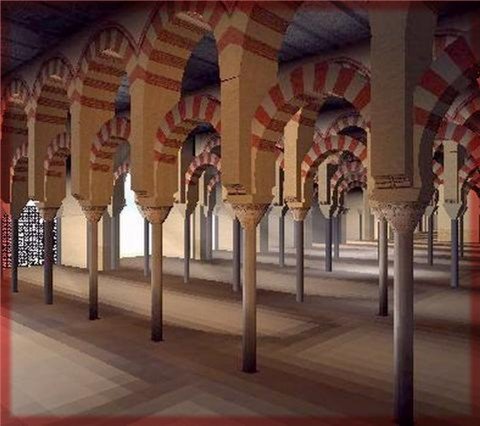
By Sr Khadijah Rivera
During Winter break from school I had had the opportunity to fly to Houston to visit my lovely daughter. I was distressed to find Homeless people everywhere. From the airports to the downtown areas and even in the residential areas one could not stop and feel the cold in their stark eyes. Several times my daughter would force me to pull over to give a handout to a stranger. Personally I don’t believe it is ever too early to expose kids to homelessness. According to a CNN broadcast the National coalition for Homelessness states 39% are under the age of 18! The stats in Tampa are no better with over 10,000 homeless. For over 11years the Tampa Bay Muslim Alliance has done a beautiful job of showing charity to non Muslims via an annual festival
Certainly this Sunday festival was a memorable experience. I saw some wonderful people come out to volunteer their money and physically set up and distribute gifts to the poor and homeless of Tampa. Their Niyyat, or intention was to follow the directives of Islam by helping those that at this time in their lives could not help themselves. These were the best of mankind and I applaud them.
During the day the poor humbly waited in lines in the hot sun to register for Free sneakers, bikes and toys. I had met a few of them days earlier to tell them it would be worth a trip to the Islamic Charity festival to get the gifts.
The Friday before the festival an elderly man by the name of Cliff Z. had been waiting by a street corner while I handed out sandwiches. He did not dare approach me as some stronger men had given him a warning to stay clear of the feeding area. With the police crackdown to keep Homeless folk away from the center of town, the regular feeds done by charities are scarce. This means an almost eminent fight to get scarps. The strong survive and weak are threatened or beaten into submission. When another homeless man approached me about Cliff not only did I walk over with sandwiches but I invited him to the festival on Sunday. He showed me his shoes which were badly worn and told me how he was making out in the streets.
Many showed up on Sunday and left with bikes in tow Al Hamdulilah, Cliff was one of them. I had personally wanted him to have an escape route should someone come after him, as his face had unhealed tears from past beatings. Cliff was grateful to the Islamic charity, he knew little if nothing about the religion but he left with one thing: goodness in Muslims.
Food lines were constant and the food came hot and delicious off the grills. Around three o’clock the toys were supposed to be won by lottery but we had so many that the brothers with the microphones told the children to just all go at once to pick their toys. For those of us that were in the toy booth this bewildered us. Over a hundred children flocked us tearing down displays and pushing younger ones to the side. This was mere enthusiasm and joy, but when the adults followed in by pulling toys into the empty baskets one could see the needy being avaricious. During this period they actually dove into my safely hidden bike locks, taking them without forethought if they had a bike or not. A man came to me over six times asking me about the bike lottery I finally told him that the stage would make an announcement, he figured since he had volunteered he would definitely get a Free bike. I told him no and he harassed me and cursed me out till even I lost my temper. Although poverty does not justify these actions just think of the people receiving Aid packages across the world and the reaction when they must hustle to get a grain. I consider this group bad.
The Ugly !
I saw a sister who received two new bikes the year before for her children. She insisted in getting more new bikes as her children had outgrown them. I attempted to convince her to give the poor a chance but she left in a hurry. Throughout the day several Muslims asked me to give them toys for their grandchildren, put their husbands on the free bike list or for new sneakers. To all of them including friends I said no! These were working families and have steady incomes. This was a festival to celebrate Muslim charity; certainly our generosity was being tested. Many left angry with me and it was not surprising when at the end of the day one man who had “found” one of my bike locks stated that he was on the list for Free bikes. Ya Allah… He was a Muslim and known in the community as a working man. I went home cried for having lost my patience with the man who harassed me for the bike and cried for our lost Ummah!





